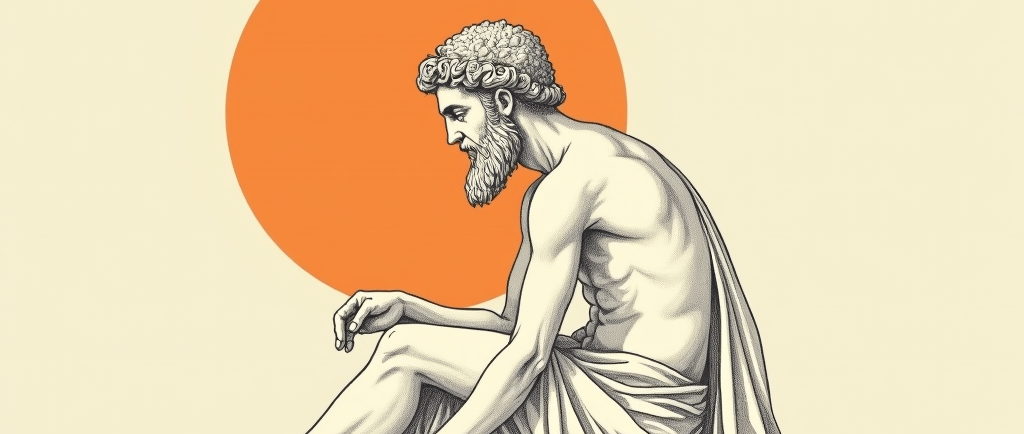The Right to Die: Philosophical Perspectives on Euthanasia
Euthanasia, often called the right to die, is one of the most profound and controversial ethical questions of our time. It challenges how we think about life, suffering, autonomy, and dignity. Philosophers have grappled with the moral complexities of euthanasia for centuries—and their insights can help us understand why the debate remains so intense and important today.
NON-STOIC PHILOSOPHIES
8/25/20252 min read


What is Euthanasia?
Euthanasia generally refers to the intentional ending of a person’s life to relieve suffering, often due to terminal illness or severe pain. It can be:
Active euthanasia: directly causing death, such as through a lethal injection.
Passive euthanasia: withholding or withdrawing life-sustaining treatments.
The question philosophers ask is: Is it ever morally justifiable to end a life to relieve suffering?
Philosophical Arguments in Favor of Euthanasia
Right to Autonomy
Many argue people should have the right to decide when and how to die. Autonomy—the freedom to govern one’s own body and life choices—is a fundamental ethical principle. For those suffering unbearable pain or loss of dignity, euthanasia respects their self-determination.
Compassion and Relief of Suffering
Advocates say euthanasia provides a humane and compassionate way to end prolonged suffering when no cure is possible. It can prevent unnecessary agony for the patient and emotional pain for loved ones.
Dignity in Death
Dignity is a central idea in this debate. Legal euthanasia allows people to die on their own terms, preserving dignity rather than enduring a slow, painful decline.
Pragmatic Benefits
Some supporters point out euthanasia can free up medical resources and reduce the emotional and financial burden on families.
Philosophical Arguments Against Euthanasia
Sanctity of Life
Many believe life is inherently valuable and must be protected. Ending a life deliberately—no matter the suffering—violates this sacred principle.
Slippery Slope Concerns
Opponents fear legalizing euthanasia could lead to abuse and involuntary euthanasia, putting vulnerable people at risk or pressuring individuals to choose death for societal reasons.
Moral and Religious Objections
Certain ethical frameworks, including many religious beliefs, hold that only a higher power can decide when life ends, and human intervention crosses a moral line.
Some argue improving pain management and hospice care can address suffering without ending life prematurely.
Philosophical Balancing: Autonomy vs. Sanctity
The euthanasia debate often comes down to balancing respect for individual autonomy with society’s interest in protecting life. Philosophers examine whether personal freedom includes the right to die, or if life itself imposes limits on choice.
Contemporary Perspectives and Legal Status
Countries like the Netherlands, Belgium, and Canada have legalized euthanasia under strict regulations, emphasizing informed consent and careful oversight. These provide real-world case studies for philosophers and ethicists to analyze the impact and moral limits of the right to die.
Final Reflections
Euthanasia poses deeply personal and philosophical questions about what it means to live and die well. The right to autonomy and relief from suffering calls us to compassion, while the reverence for life reminds us of responsibility and care.
The ongoing dialogue in philosophy doesn't just shape laws—it shapes how we, as a society, understand dignity, freedom, and the essence of being human.
Key Points
Euthanasia debates focus on autonomy, compassion, dignity, and sanctity of life.
Arguments for euthanasia highlight the right to self-determination and relief from suffering.
Arguments against euthanasia emphasize the inherent value of life and risks of abuse.
Legal euthanasia exists in some countries, balancing ethical concerns with personal choice.
Waste no more time arguing about what a good man should be. Be one - Marcus Aurelius
We suffer more often in imagination than in reality - Seneca
Wealth consists not in having great possessions, but in having few wants - Epictetus
